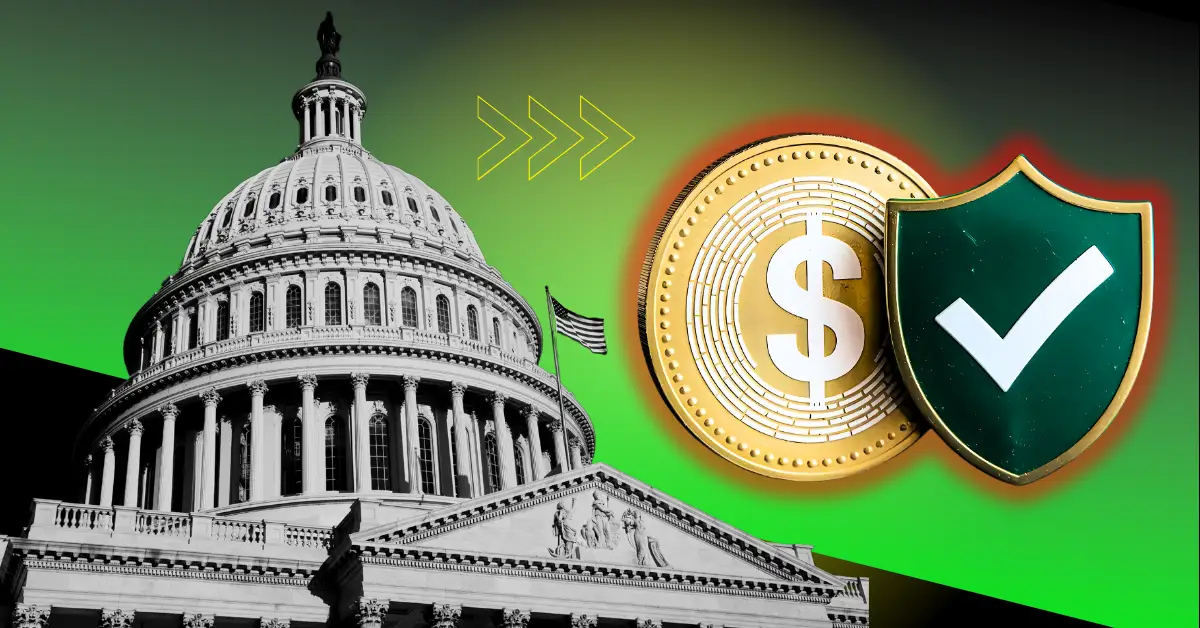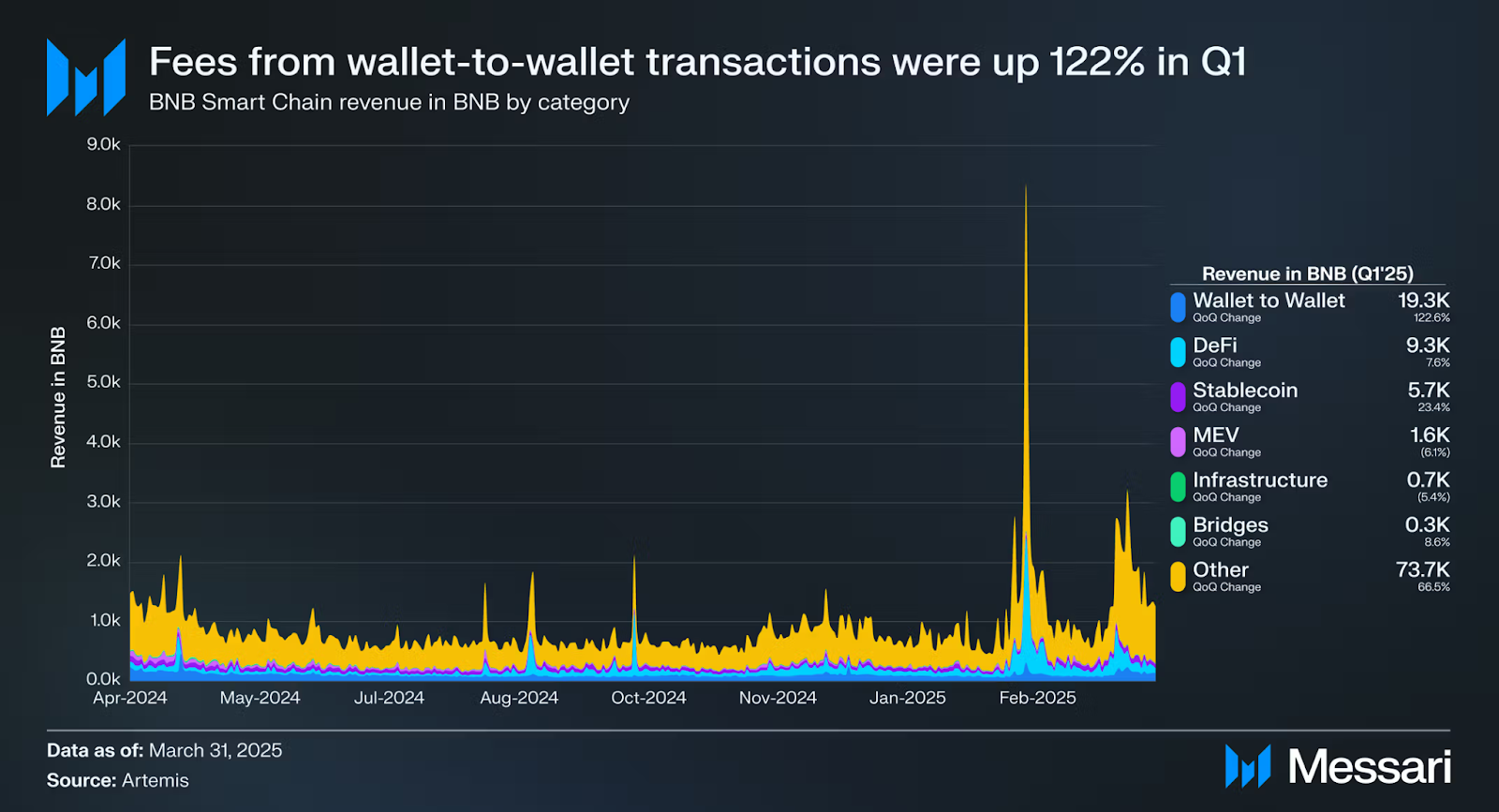
Senate majority leader John Toon informed Republicans before the May 26 anniversary break that a vote on the Genius Act is expected, a key law aimed at regulating stubcoins.
The bill, introduced by Senator Bill Hagerty in February and passed by the Senate Banking Committee in March, seeks to regulate the issuance of stubcoins in the United States. Under the Genius (Guidelines and Establishment of National Innovation in the United States) Act, Stablecoin issuers must be licensed entity known as “Allowed Payments Stablecoin Issuers.”
What does genius mean?
The Genius Act is designed to bring much needed clarity and structure to the growing Stablecoin market. Complementing the act of genius, stable acts were introduced in Republican-controlled homes. The two bills aim to establish clear regulatory guidelines for issuing cryptocurrencies aimed at maintaining stable value by supporting the two bills with real-world assets.
Currently, Stablecoins are popular digital dollars used for fast, low-cost payments. However, the lack of clear regulations raises concerns about safety and trust. The Genius Act addresses these concerns by requiring Stablecoin publishers to maintain full reserves, comply with anti-money laundering regulations and undergo regular audits. The law also makes clear that stubcoins are not classified as securities or commodities and resolves key areas of confusion.
With these measures in place, genius is aiming to promote the safer growth of stubcoin and position it as a potential competitor in the traditional payment system of the future.
The broader regulatory context
The Genius Act is part of a broader push for Stablecoin regulations. In January, President Donald Trump signed an executive order to form a working group to explore the regulation of stubcoin and the possibility of creating national crypto stockpiles. However, while the executive order shows intention, it lacks the legitimate weight of Congress’ approval.
The timing of Trump’s order raised several concerns, particularly after his family-backed crypto company, World Liberty Financial, interpreted USD1 stubcoin. Critics, primarily from the Democratic camp, argue that Trump’s influence and financial ties with the company, combine to create a major conflict of interest as Congress discusses this important cryptographic law.
As the Senate prepares to vote for the Genius Act, the future of stubcoin regulations in the United States depends on balance.
FAQ
Stablecoin is a kind of cryptocurrency designed to maintain stable value by being locked into real-world assets, like the US dollar.
The Genius Act requires that Stablecoin issuers maintain full reserves, adhere to audits and follow anti-money laundering rules.
Issuers must be authorized, have full reserves, undergo regular audits and comply with anti-money laundering regulations.







